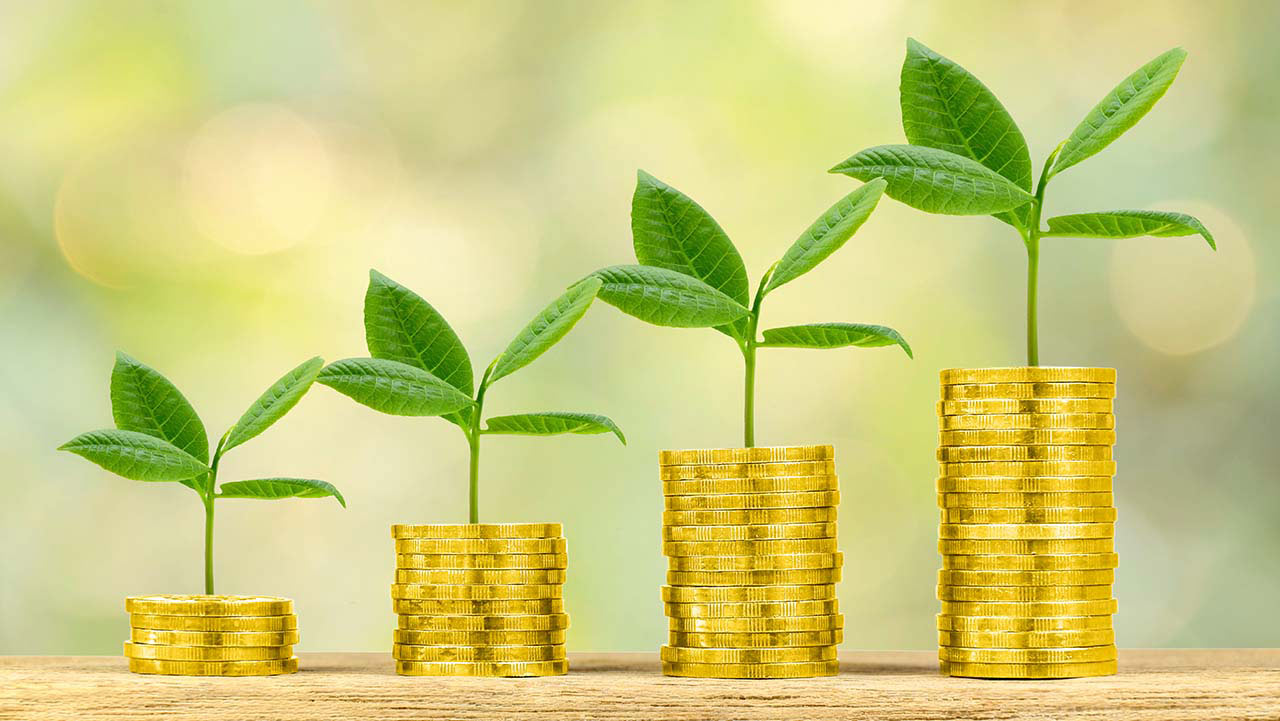The Asian Infrastructure Investment Bank (AIIB) was established in 2015 to address the daunting infrastructure needs of Asia and beyond. As the Bank grows, it continues to see a need to create “infrastructure as an asset class”—a term that has almost become a mantra for the development community.
The capital markets can be an efficient way to mobilize private capital at scale, but can they be used to achieve sustainable development objectives? Historically, there has been a misallocation of capital resulting from the failure to properly internalize environmental and social costs into companies’ profit and loss statements. This is beginning to change with the rise of environmental, social and governance (ESG) investing strategies.
At the 2019 AIIB Annual Meeting in Luxembourg, we’re excited to announce our first capital markets investment of USD500 million into corporate bonds linked to infrastructure. Our goal is to develop debt capital markets for infrastructure in emerging markets in Asia. But simply developing capital markets in the traditional sense is not enough. The capital markets of the 21st century will be green and mature markets are already shifting in this direction.
To support this shift in Asia, we have launched the Sustainable Capital Markets Initiative with four key pillars:
Proof of Concept. First, we will use our investments in the capital markets as a proof of concept that investing with an ESG strategy can generate positive returns. Once we establish a track record with a portfolio, we will open the fund to other investors. Over time, we hope to create new benchmarks for infrastructure investment. This could be an ESG index for Asia Emerging Markets or an index on infrastructure-related issuers. Such indices are necessary to provide guidance to financial markets on ESG performance in Asia and to improve the accessibility of infrastructure-related issuances.
ESG Research. ESG strategies in debt capital markets lag behind those in equity, although this is quickly changing. To catalyze the development of ESG strategies for debt capital markets, we are working with research partners to share insights on emerging issues and ESG trends particularly relevant for credit analysis of infrastructure-linked companies.
Transparency and Disclosure. Asset managers of one-third of all professionally run assets globally (equivalent to over USD20 trillion) now use ESG data to inform their investment decisions, and most of them rely on ESG rating agencies to supply it. Unfortunately, ESG ratings are only as good as the disclosures made by the issuer. Therefore, a key component of the SCMI will be working with stakeholders to promote better transparency and disclosure in the market.
Capacity Building. Deepening the debt capital markets in Asia Emerging Markets and improving the understanding of ESG will require ongoing capacity building of all market participants (corporates, industry associations, investors, ratings agencies, exchanges and securities regulators, etc.). In May, we co-hosted our first event in Beijing with the Principles on Responsible Investment. This workshop focused on integrating ESG into credit ratings and brought together ratings agencies, banks and investors from across China. We hope to replicate this in other countries in the future.
At AIIB, we believe infrastructure is critical to achieving the 2030 Agenda for Sustainable Development. The capital markets hold the key to unlocking the trillions of dollars needed to transform our global economy to one that is sustainable and inclusive.
Beijing, February 13, 2026
Enhancing Women’s Access to Public Services and Economic Opportunities through Rural Infrastructure in Cambodia
How AIIB financed rural road improvements in Cambodia are enhancing women’s access to healthcare, education, markets and livelihoods through gender responsive infrastructure and community driven planning.
READ MOREBeijing, February 12, 2026
Blending Policy and Performance: From CPBF to Downstream Investments
How AIIB strategically sequences and blends CPBF, RBF and IPF to turn policy reforms into bankable projects, mobilize private capital, and deliver measurable climate and development outcomes.
READ MOREBeijing, January 23, 2026
Strategic Portfolio Management Can Transform Development Finance. AIIB is Setting the Tone
The success of development finance lies not just in the projects approved but also in how they are delivered. As infrastructure needs grow and development challenges become more complex, multilateral development banks (MDBs) face not just an institutional mandate but a moral one – to ensure that projects deliver tangible impact to the millions they serve.
READ MOREBeijing, January 14, 2026
Supporting AIIB’s Mission through Sustainable and Effective Services
As AIIB enters 2026 and our second decade of operations, delivering sustainable infrastructure across regions depends not only on financing and partnerships, but also on the systems, services and spaces that support the Bank’s core business every day. The Facilities and Administration Services Department (FAS) plays a central and continuous role in enabling AIIB’s operational resilience, institutional maturity and people-first workplace culture.
READ MORE

